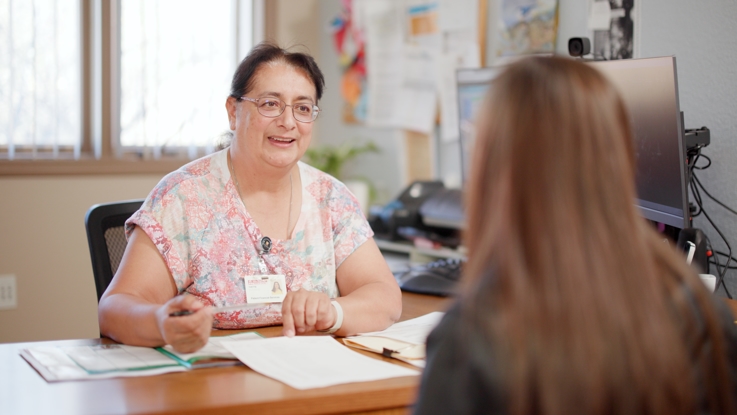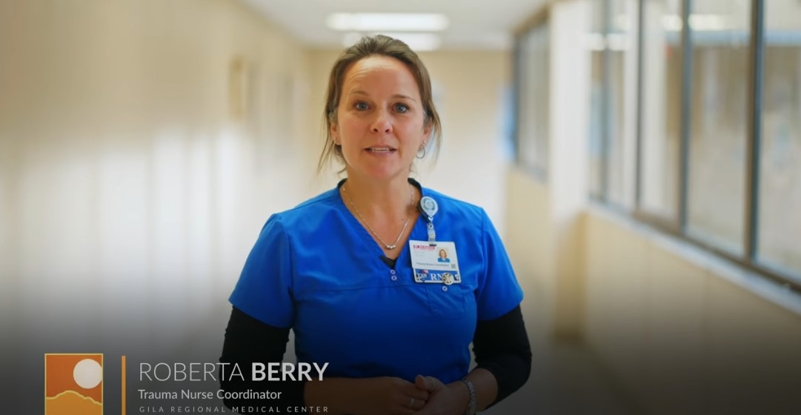Grant County Emergency Department
Emergency Medicine in Grant County
Welcome to our Emergency Department at Gila Regional Medical Center, where our priority is providing prompt emergency medical care to Grant, Catron, Hidalgo, Luna and surrounding counties. Our team of highly skilled providers and caregivers specialize in the diagnosis and treatment of acute illnesses and injuries that require immediate medical attention. We are here to help 24/7.
Comprehensive Emergency Services When You Need Them Most
Our commitment to patient-centered care means every patient receives personalized and high-quality medical care with swift attention and action. We provide a wide range of emergency services to address various urgent health needs, including:
- Emergency Medicine: Doctors and nurses are highly trained and experienced in handling a wide range of emergencies, ensuring you receive expert care when you need it most.
- Emergency Room (ER): As a Level 4 Trauma Center, our outstanding team specializes in delivering top-tier trauma care, ensuring rapid, expert intervention and compassionate, patient-centered treatment for the most critical injuries.
- Emergency Medical Services (EMS): Our EMS team operates in pre-hospital settings to deliver essential care and transport patients safely to our facility.
What to Expect at Gila Regional Medical Center’s Emergency Department
Gila Regional Medical Center prioritizes the health and well-being of our most critical patients. When you arrive at our emergency department, you can expect the following:
- Immediate Triage and Assessment: A triage nurse will quickly evaluate your condition based on the severity of your symptoms. This process helps prioritize care so that the most critical cases receive immediate attention. You may be asked about your symptoms, medical history, and current medications. The nurse will then assign a priority level to your case.
- Comprehensive Evaluation and Diagnosis: Our medical team will perform a thorough examination and necessary tests, providing clear explanations of their purpose to diagnose your condition and determine the best treatment plan. ·
- Diagnosis and Treatment: Based on your diagnosis, we will provide appropriate treatments and emergency interventions with compassionate care from skilled professionals focused on your immediate health needs.
- Follow-Up Care: Once your condition is stable, you will receive instructions for the next step, which may include transfer to other facilities, follow-up appointments, home care advice, or referrals to specialists.
When you need us most, we are here to offer the quality care and support you deserve.









